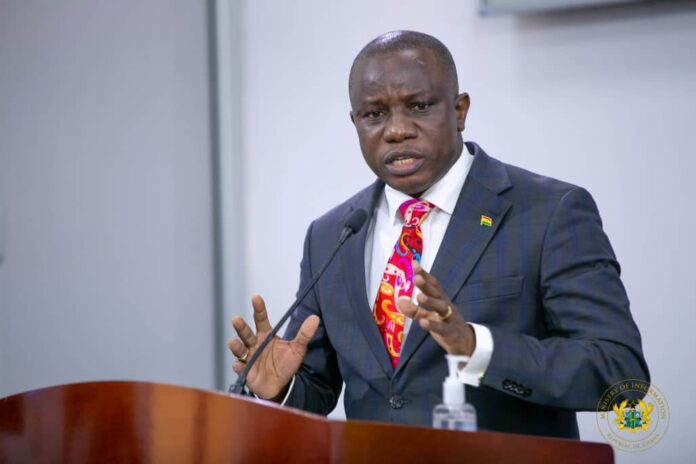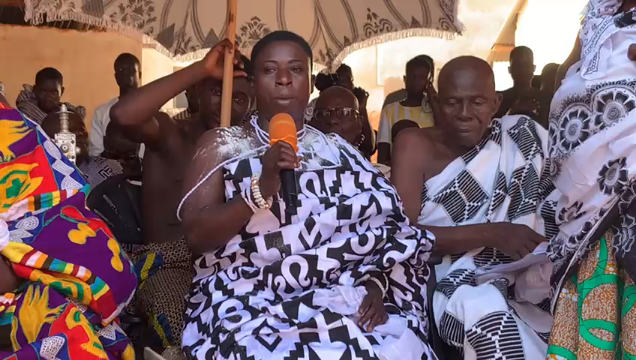Educators in Kumasi Embrace AI and Digital Innovation to Transform Teaching and Learning
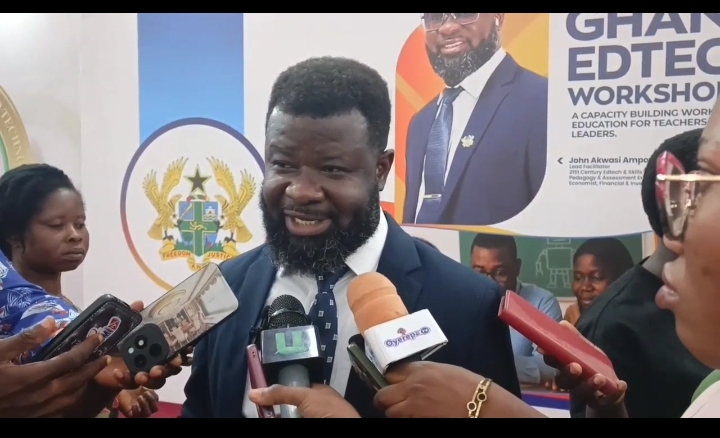
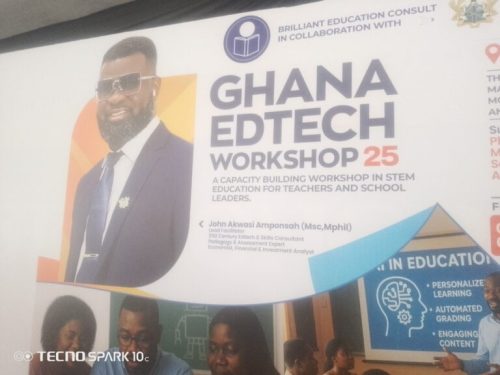
A groundbreaking workshop has been held in Kumasi to equip Ghanaian educators with the skills and knowledge needed to embrace Artificial Intelligence (AI), digital tools, and modern teaching methodologies aimed at transforming the educational experience of learners across the country.
The training, which took place under the theme “Leveraging AI, Digital Tools, Instructional Materials, and Innovative Pedagogies and Assessment Models to Enhance Learning, Foster Skills Acquisition, and Improve Educational Outcomes,” was organized by Brilliant Education Consultant in partnership with the Ghana Education Service (GES), Kumasi Metro.

The lead facilitator, Mr. John Akwasi Amponsah, a renowned EdTech consultant, emphasized the urgent need for capacity-building in the use of technology for teaching, especially within Science, Technology, Engineering, and Mathematics (STEM) disciplines. According to him, educators must evolve with the times and be equipped to prepare students for a rapidly changing world shaped by digital innovation.
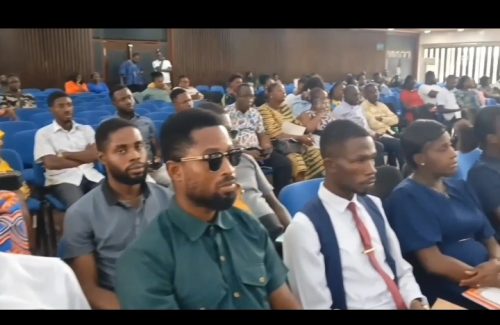
“In this 21st century, we cannot continue using outdated methods. AI and technology are tools that can simplify complex subjects, track learner progress in real-time, and make lessons more exciting and interactive,” Mr. Amponsah stated passionately during his presentation.
The workshop attracted scores of teachers and school leaders from various basic and second-cycle schools in the Kumasi Metropolis. Participants were introduced to a wide range of digital tools and AI-powered platforms that can aid lesson planning, enhance classroom delivery, and improve student engagement.
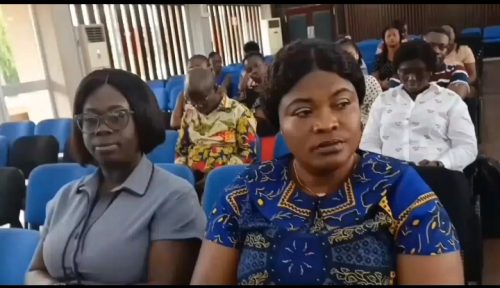
Sessions covered practical strategies for using EdTech in large and resource-constrained classrooms, creating digital instructional materials, and adopting innovative assessment models that move beyond rote memorization to focus on problem-solving, creativity, and collaboration.
Educators also discussed the changing role of teachers in the digital age, with facilitators encouraging them to become learning facilitators rather than mere transmitters of information. This approach aligns with global educational reforms that emphasize learner-centered pedagogy and digital fluency.
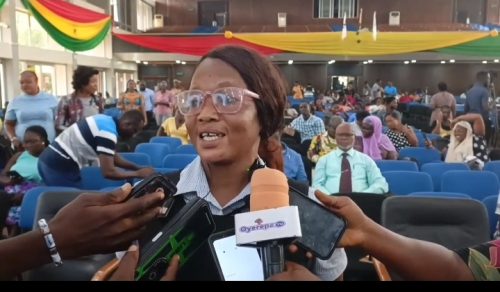
Participants lauded the initiative and expressed hope that similar training would be extended nationwide. “This workshop has changed how I view teaching. I now understand that integrating technology isn’t as complicated as we thought—it’s doable and necessary,” said Madam Lydia Osei, a junior high school teacher.
Mr. Daniel Appiah, a school leader, added, “We are grateful for this opportunity. These tools and methods will not only help our students learn better but also make our work as educators more efficient and impactful.”
The organizers reiterated their commitment to sustaining this initiative through follow-up training sessions, mentorship programs, and the provision of digital resources to schools.
As Ghana continues its drive toward educational transformation, the integration of AI and digital tools in teaching stands out as a powerful strategy to improve learning outcomes, foster 21st-century skills, and create a more equitable and forward-looking education system.
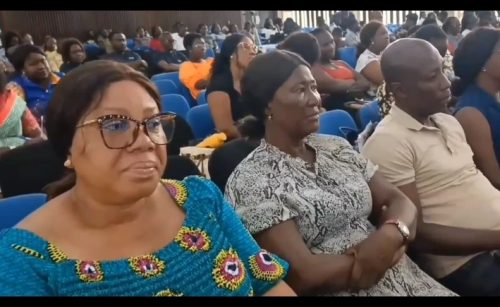
With the enthusiastic participation and readiness shown by educators at the Kumasi workshop, the journey to a technology-enabled, learner-centered classroom has truly begun—and the future of Ghana’s education sector looks brighter than ever.



